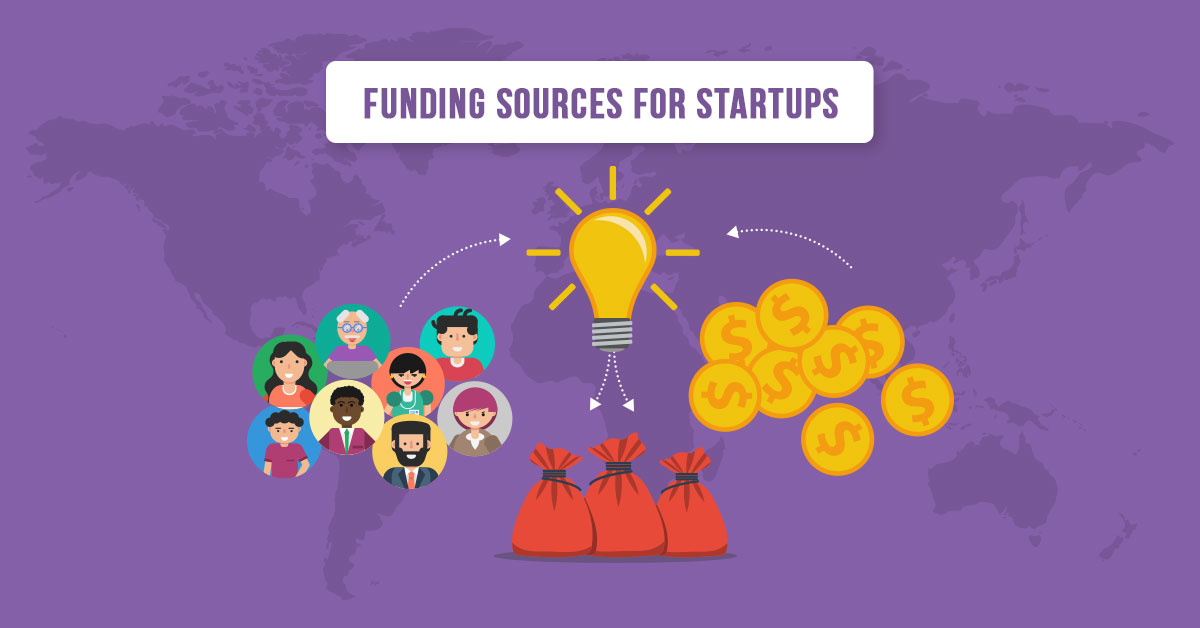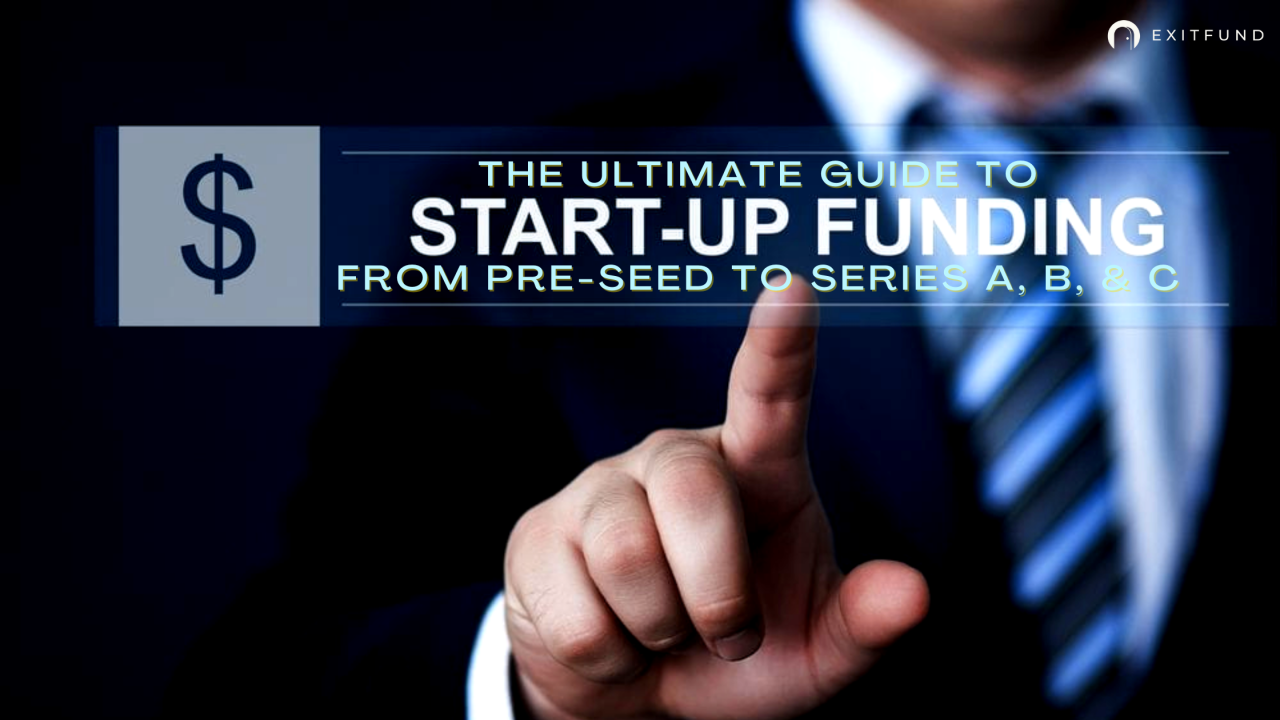Series Funding
Series A
Series A funding is an essential milestone for startups that have shown early traction and are ready to scale their operations. At this stage, companies have already proven their business model, gathered a user base, and generated revenue or other key performance indicators (KPIs). Typically, venture capital firms provide funding for Series A rounds, although angel investors and equity crowdfunding platforms are also becoming popular options.
The valuation for a company raising a Series A round typically ranges from $10 million to $15 million. However, it’s crucial to note that securing Series A funding can be challenging, as many startups face a phenomenon known as the “Series A crunch.” Even with a successful seed round, startups often struggle to secure a Series A round due to increased competition and higher investor expectations.
Series B
Once a startup has established its product-market fit and demonstrated the potential for scalability, it may seek Series B funding to fuel its growth. Companies at this stage need capital to expand their customer base, enhance their infrastructure, and explore new market opportunities. Series B rounds usually involve venture capital firms that have previously invested in the company, as they aim to protect their stake and ensure continued growth.
The typical investment for a Series B round ranges from $7 million to $10 million, with valuations between $30 million and $60 million. Startups must prove their ability to scale rapidly and achieve substantial user or revenue growth to attract investors at this stage. Additionally, late-stage venture capital firms may also show interest in investing in companies during their Series B rounds.
Series C
Series C funding marks a significant milestone for startups that have achieved product-market fit, demonstrated strong financial performance, and are poised for further expansion. Companies at this stage may use the funds to explore new markets, acquire other businesses, or develop additional products or services. Series C rounds often serve as the final push before a company prepares for an initial public offering (IPO) or acquisition.
On average, startups raise around $26 million during their Series C rounds, with valuations ranging from $100 million to $120 million. However, some companies can command much higher valuations, especially with the rise of “unicorn” startups. Series C funding typically comes from late-stage venture capital firms, private equity firms, banks, and even hedge funds. Investors scrutinize hard data points such as customer base, revenue generation, and projected growth rates to determine the valuation and investment potential.
Series D and Beyond
While Series D and Series E funding rounds are less common, some startups pursue these options for various reasons. Companies that reach these stages may want to capitalize on expansion opportunities, increase their value before going public, or stay private for a more extended period. However, it’s important to note that by the time a startup reaches Series D and beyond, the investment landscape becomes more complex, and the number of startups in these later stages significantly decreases.
The specific reasons for pursuing Series D and beyond may vary, including the need for additional capital to explore new markets, scale operations, or achieve specific milestones. However, the fundraising process becomes more challenging, as investors tend to be more selective and demand a more significant return on their investment. Venture capital firms are the primary source of funding for these later-stage rounds, and the amount raised and valuations can vary widely depending on the startup’s growth trajectory and market potential.
Crowdfunding

In recent years, crowdfunding has emerged as a popular alternative funding option for startups. By leveraging the collective efforts of friends, family, customers, and individual investors, crowdfunding allows entrepreneurs to raise capital through online platforms and social media. This approach offers a streamlined and accessible way to showcase business ideas, attract potential investors, and gain exposure.
Traditional financing methods often require entrepreneurs to pitch their ideas to a limited pool of wealthy individuals or institutions. In contrast, crowdfunding turns the traditional model on its head by providing a single platform to build, showcase, and share pitch resources. This democratized approach enables entrepreneurs to reach a broader audience of interested parties and offers various ways for individuals to contribute, from investing in exchange for convertible debt or equity to contributing smaller amounts in exchange for rewards or early access to products.
Crowdfunding platforms offer a unique opportunity for startups to tap into the power of the crowd and leverage their networks for greater reach and exposure. Entrepreneurs can bypass the lengthy process of vetting potential investors and gain access to a diverse pool of individuals who are passionate about supporting innovative ideas. By providing a more accessible and efficient fundraising avenue, crowdfunding has transformed the startup financing landscape and opened doors for entrepreneurs who may have otherwise struggled to secure traditional funding.
Loans
For startups with limited business history or those seeking immediate financial support, loans can be a viable funding option. Small business startup loans encompass various types of financing tailored to the specific needs of founders looking to kickstart or enhance their young companies. Here are some of the main types of small business startup loans you might encounter:
SBA Loans
Backed by the Small Business Administration (SBA), SBA loans provide support to small business owners through mentorship, workshops, counseling, and loans. While the loans are not directly from the SBA, local lenders offer them on behalf of the SBA. These loans often come with favorable terms and lower interest rates, making them an attractive option for startups in need of capital.
Credit Cards
Business credit cards can be an excellent option for very early-stage startups that require initial funding. With 0% introductory annual percentage rates (APRs), entrepreneurs can benefit from interest-free financing if they can pay off their balances within the introductory period. However, it’s crucial to be cautious of high-interest rates once the introductory period ends, as carrying a balance can result in substantial interest charges.
Short-Term Loans
Short-term loans provide relatively small amounts of money that must be repaid within three to 18 months. These loans are often used as a temporary solution for cash flow issues, emergencies, or to seize immediate business opportunities. While short-term loans can be a quick source of funding, they usually come with higher interest rates compared to long-term financing options.
Friends and Family
Obtaining loans or investments from friends and family is a common way for startup founders to secure early-stage funding. While not falling under traditional “small business startup loans,” these personal connections can provide invaluable support. It’s essential to approach these relationships professionally and treat any investment or loan as a formal addition to the existing personal relationship. Establishing clear terms and expectations through written contracts can help avoid potential conflicts and ensure a transparent partnership.
Venture Capital
Venture capital (VC) is a form of funding that targets startups and small businesses with high growth potential but significant risk. VC firms provide capital in exchange for equity and aim for substantial returns, usually through acquisitions or IPOs. Startups seeking venture capital should be prepared for rapid growth and have the potential to disrupt existing markets or create entirely new ones.
VC firms typically consist of partners who have raised substantial funds from limited partners (LPs) to invest in promising startups. The partners have a limited window, typically seven to ten years, to invest the capital and generate significant returns. Successful VC investments not only yield substantial profits but also offset potential losses from high-risk investments.
Angel Investors
Angel investors are high-net-worth individuals who invest their personal funds in startups, typically ranging from a few thousand dollars to as much as a million dollars. They often provide early-stage capital, making them a critical part of the equity fundraising ecosystem. Angel investors have the flexibility to make investment decisions independently, without the constraints of partnerships or corporate hierarchies.
Working with angel investors offers several benefits for startups. These investors often possess subject matter expertise in specific industries and can provide valuable insights and connections. Their personal interest in the investment can also lead to a more hands-on approach, providing guidance and mentorship along the way. However, it’s important to note that angel investors primarily seek healthy returns on their investments and are not typically involved in charity or bailout situations.

Angel Investor Networks
Angel investors often form networks to share deal flow and combine resources. These networks streamline the review process for entrepreneurs, provide exposure to multiple angels simultaneously, and facilitate connections with a broader pool of potential investors. Collaborating with an angel investor network can significantly increase the visibility of a startup and attract attention from individual angels who may decide to invest independently.
Other Funding Sources
In addition to the primary funding options discussed above, there are several other avenues entrepreneurs can explore to secure startup funding. These options include federal government grants for small businesses, convertible notes (also known as convertible debt), and private investors. Let’s take a closer look at each of these funding sources:
Federal Government Grants for Small Business
The federal government offers grants to support small businesses in various industries. These grants provide non-repayable funds that can be used for research and development, innovation, job creation, and other business-related activities. Entrepreneurs can leverage these grants to accelerate their startup’s growth and bring innovative ideas to market.
Convertible Notes
Convertible notes, also known as convertible debt, are a popular financing instrument for startups. These notes are loans that can convert into equity at a later stage, typically during a subsequent funding round. Convertible notes provide flexibility for both startups and investors, allowing for a quicker and simpler fundraising process. Investors receive the benefit of debt-like security, while startups can defer setting a valuation until a later date.
Private Investors
Private investors, also known as individual or retail investors, are individuals who invest their personal funds in startups or small businesses. These investors can provide capital in exchange for equity, debt instruments, or other forms of financial agreements. Private investors offer an additional avenue for startups to raise funds and often bring a wealth of industry knowledge and experience to the table.
Choosing the Right Funding Option
Selecting the right funding option for your startup requires careful consideration of various factors. Each funding source comes with its own advantages, disadvantages, and specific criteria that startups must meet. To make an informed decision, consider the following key factors:
-
Stage of your startup: Evaluate which funding options are most suitable for your startup’s current stage of development. Seed funding and angel investment may be more appropriate for early-stage startups, while later-stage companies may opt for venture capital or IPO.
-
Industry and market dynamics: Different industries and markets have varying funding requirements and investor preferences. Research funding patterns within your industry and identify investors with a track record of supporting similar ventures.
-
Growth objectives: Define your startup’s growth objectives and determine the amount of capital required to achieve them. Some funding sources may be better suited for rapid scaling, while others may be more appropriate for steady growth.
-
Investor alignment: Look for funding sources that align with your startup’s vision, mission, and long-term goals. Consider the value-add each investor brings, including industry expertise, networks, and mentorship opportunities.
-
Risk tolerance: Evaluate your startup’s risk profile and the risk appetite of potential investors. Some funding sources may be more comfortable with high-risk ventures, while others may prefer more conservative investments.
By carefully considering these factors, you can align your startup with the most suitable funding source and increase your chances of securing the necessary capital to fuel growth.
Tips for Successful Fundraising

Securing startup funding is a challenging and competitive process. To increase your chances of success, consider the following tips:
-
Craft a compelling pitch: Develop a clear and concise pitch that highlights your startup’s unique value proposition, market potential, and growth strategy. Tailor your pitch to resonate with the specific interests of your target investors.
-
Build a strong network: Cultivate relationships with potential investors, mentors, and industry experts. Attend networking events, join startup communities, and leverage online platforms to expand your network and gain valuable connections.
-
Demonstrate traction and potential: Investors are more likely to fund startups that have achieved tangible milestones and demonstrated potential for growth. Provide evidence of customer acquisition, revenue generation, market validation, and other key performance indicators.
-
Be prepared and organized: Investors appreciate entrepreneurs who are well-prepared and organized. Develop a comprehensive business plan, financial projections, and a clear roadmap for achieving your startup’s goals. Anticipate investor questions and be ready to provide concise and well-researched answers.
-
Leverage social proof: Highlight any notable achievements, partnerships, or endorsements your startup has received. Social proof can significantly enhance your credibility and increase investor confidence in your venture.
-
Seek expert guidance: Consider engaging with advisors, consultants, or mentors who have experience in fundraising and startup financing. Their insights and guidance can help you navigate the complex landscape and increase your chances of securing funding.
-
Maintain transparency and integrity: Establish trust with potential investors by maintaining transparency and integrity throughout the fundraising process. Be honest about the risks and challenges your startup faces, and provide realistic projections and expectations.
By following these tips, you can position your startup for successful fundraising and attract the right investors who align with your vision and goals.
Conclusion

Securing startup funding is a crucial step in turning your entrepreneurial dreams into reality. By understanding the various types of funding sources available, you can make informed decisions and tailor your fundraising strategy to meet your startup’s unique needs. Whether you opt for series funding, explore crowdfunding platforms, consider loans, seek venture capital, or engage with angel investors, each funding option comes with its own benefits and considerations. By carefully evaluating your startup’s stage, industry dynamics, growth objectives, investor alignment, and risk tolerance, you can choose the funding source that best aligns with your goals. With the right approach, strong network, and compelling pitch, you can increase your chances of securing the necessary capital and propel your startup towards success.

